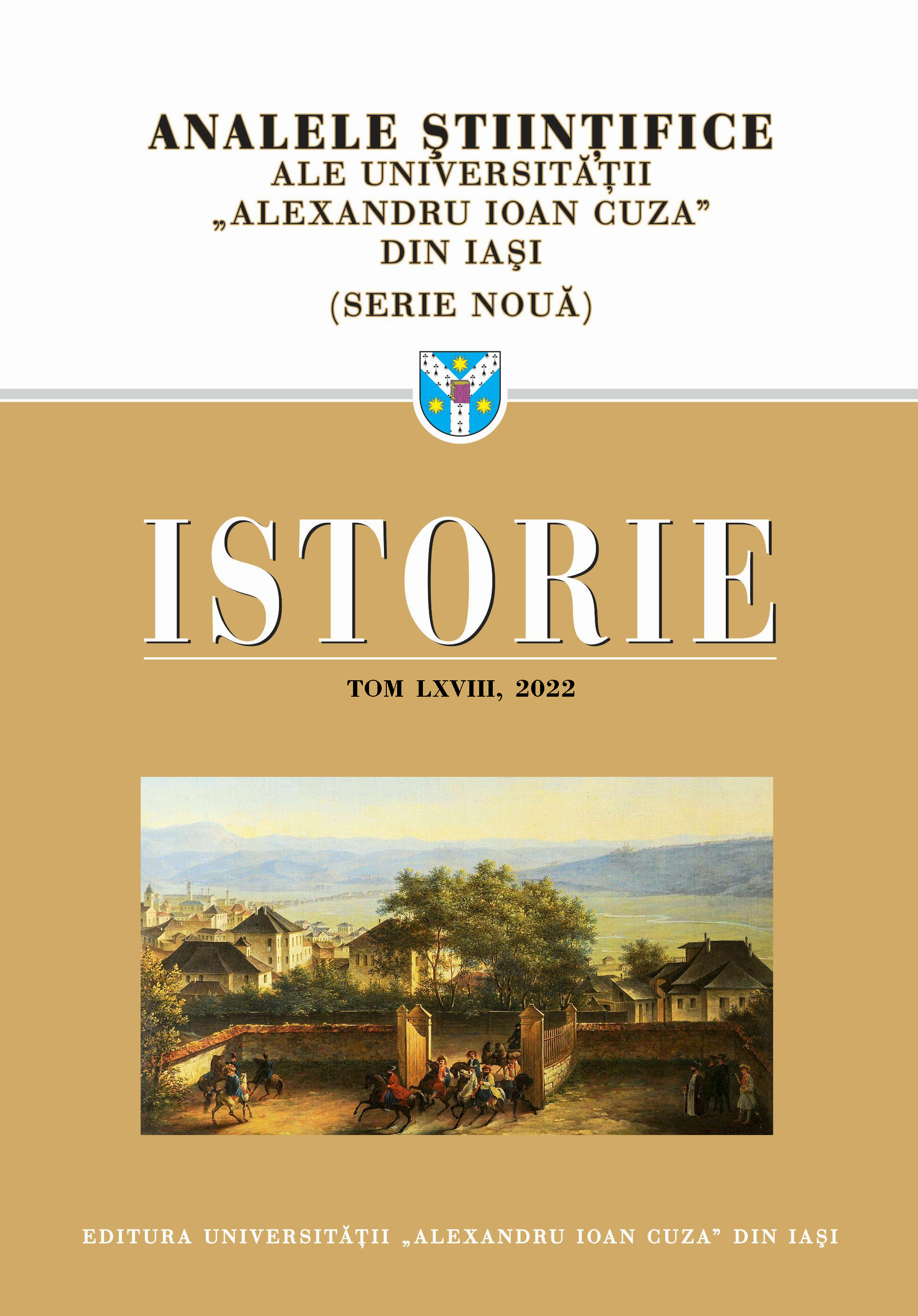The German military occupation in Romania (1916-1918) and its representation
The German military occupation in Romania (1916-1918) and its representation
Author(s): Ovidiu BuruianăSubject(s): Diplomatic history, Military history, Pre-WW I & WW I (1900 -1919)
Published by: Editura Universităţii »Alexandru Ioan Cuza« din Iaşi
Keywords: First World War; Military Occupation; pro-German / pro-Entente Figures; Public Representation;
Summary/Abstract: In the present study, I analyze the realities of the Central Powers’ occupation (mainly Germany’s) in Romania between 1916-1918 and its representation for the Romanians left in the territory and that not fled to Moldova. Although I include details about how the Central Powers’ occupation was researched in the historiography, I focus on the way in which the experience of Romanians under German administration was subsumed to the need for public legitimacy after the war. A literature of some Romanians’ suffering and resistance during the Germano-Austro-Hungarian domination intersects exculpatory texts regarding those accused of collaborationism. The sides after the war make the moment of the occupation overlap the rift pro-German/pro-Entente.Unlike the decision to participate in the war, where the spokesmen were exclusively members of the political and cultural elites, the subject concerning the position during the conquest of the others generated a more “democratic” debate. It was not only the members of the upper classes who were involved in discourse, on one side or the other, but also secondary characters who became authorized voices in the inter-war context, drawing from the experience from the “German” territory of Romania. Their endeavors are not equal in terms of intentionality, development and language or circulation. The memorialistic works, as auto-referential literature, co-exist with incriminating brochures and newspapers articles, with the parliamentary polemic approaches and those outside the legal forum, which are subsumed to the dynamics of the political game. They are violent in their language or references as they express the euphoria of success and present the treason trials. However, in all these conjectural materials, the authors try to pass verdicts or, on the contrary, to clear them of blame and to justify an act. Due to their diversity, the moral endeavors and the attempts to explain a position are, thus, dissolved in the social texture.These works do not describe a unified culture, but subcultures of suffering or participation. But, The Central Powers’ occupation in Romania generated little variety of attitude from the Romanian elites or the masses. The Romanian’s thoughts and actions were centered around accommodation, regardless of social status. The acceptance of the “foreign” domination was facilitated by the locals’ feeling of being abandoned after the autumn of 1916, but also the fact that occupation meant Germany, with its reputation of great military and civilizational power, with the organization, order and fairness that they introduced. The dilution of the German’s wish to punish their former allies made occupation bearable for most people, for most of the period between November 1916 and December 1918. Excluding the cases of the militant pro-Entente, the majority of those under occupation tried to adapt to the new administrative reality, even if they did it without enthusiasm and, oftentimes, without negotiating.
Journal: Analele Ştiinţifice ale Universităţii »Alexandru Ioan Cuza« din Iaşi. Istorie
- Issue Year: 2022
- Issue No: 68
- Page Range: 515-542
- Page Count: 28
- Language: English

